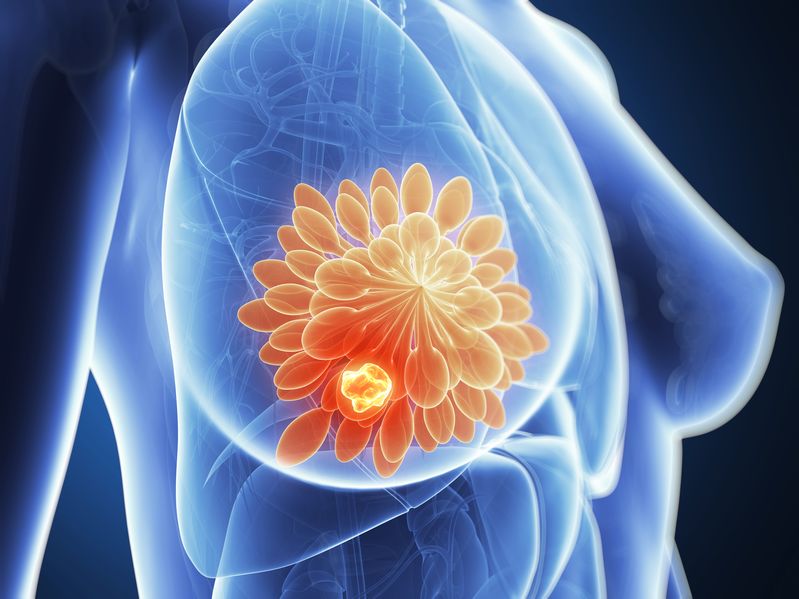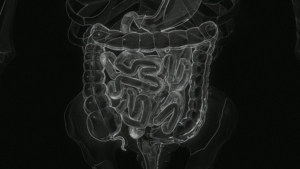
Uncommon mutations affect breast cancer prognosis
Uncommon mutations in three genes in estrogen receptor positive breast cancer have a negative impact on disease prognosis reports a team of British and Australian researchers in Nature Communications.
Patients with oestrogen receptor positive breast cancer often relapse after 5 years of later. To find out more the researchers applied targeted sequencing to improve the poor relationship between somatic mutations and prognosis.
The team headed by Matthew J. Ellis assessed the effect of the mutations in 83 genes from archival primary breast cancer samples of three cohorts of post-menopausal (625) and pre-menopausal (328) patients with hormone receptor-positive breast cancer. They found associations with poor clinical outcomes in oestrogen receptor positive breast cancer for mutations in the genes NF1, PIK3R1, and DDR1.
The research shows that uncommon recurrent mutations can impact prognosis, which could help to explain the highly variable outcomes observed in oestrogen receptor positive breast cancer. However, the authors conclude that further studies are needed to create a more complete explanation of the highly variable outcomes that typifies ER+ breast cancer.



 Unsplash+
Unsplash+